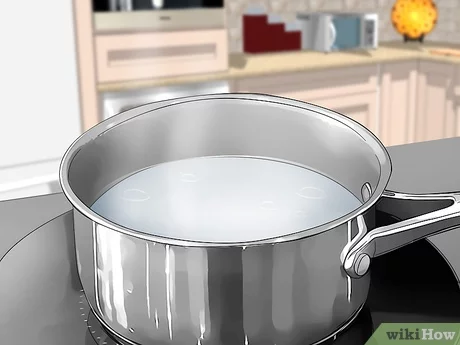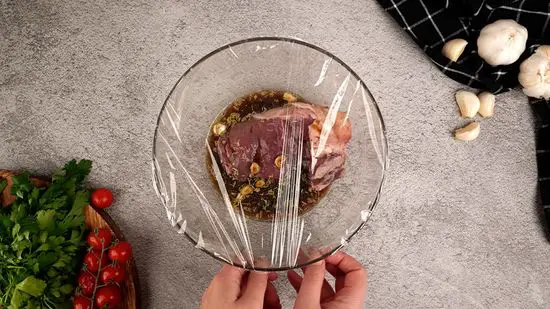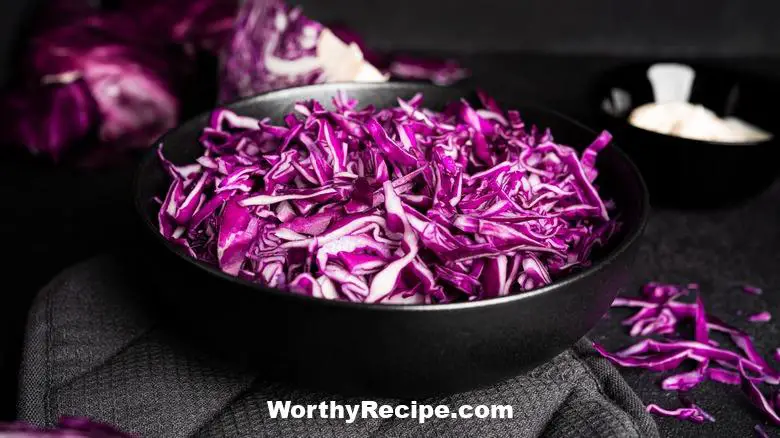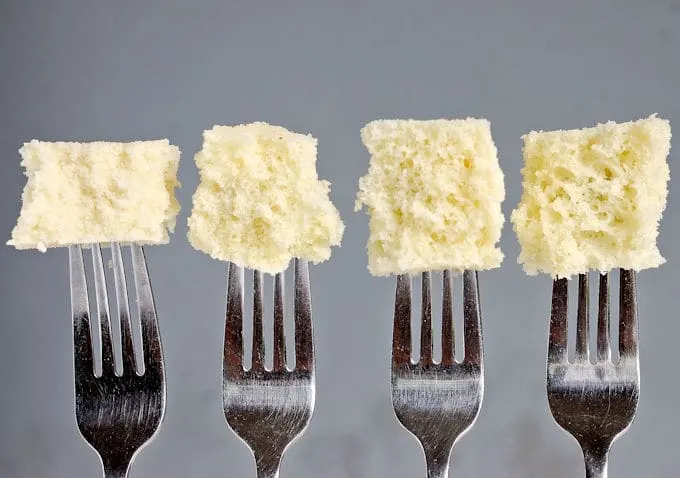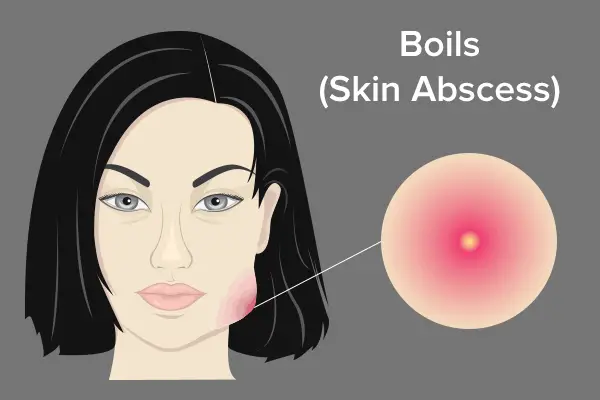Water is an essential element for survival, but what happens when the water you are drinking is contaminated with minerals such as calcium and magnesium? Hard water can cause several issues, including clogging pipes, damaging appliances, and affecting the quality of your drinking water. A water softener is a device that helps remove these unwanted minerals and makes your water safe for consumption.
In this article, we will discuss if boiling softened water is safe for drinking. We will also examine the different types of water softeners, how they work, their benefits and potential impact on appliances. Additionally, this article will explore ways to maintain a water softener to ensure it works efficiently.
How do Water Softeners Work?
Water softeners use a process called ion exchange to remove hard minerals from your water supply. Ion exchange occurs when hard minerals in the water pass through a bed of resin beads that attract and hold onto them while releasing sodium ions instead.
Salt-based systems are the most common type of water softener. These systems use salt pellets to regenerate the resin beads and replenish their sodium ions. Salt-free systems, on the other hand, use a different process called template-assisted crystallization (TAC) to convert hard minerals into crystalline particles that can no longer adhere to surfaces.
The Benefits of Softened Water
Softening your water has several benefits, which include:
1. Reduction in mineral buildup: Softening your water can help prevent limescale deposits from building up in pipes, fixtures, and appliances. These deposits can cause damage over time and even lead to plumbing problems.
2. Improved taste and odor of water: Softening your water can change its taste by removing unpleasant metallic flavors caused by hard minerals.
3. Improvement in longevity and efficiency of appliances: Softening your water helps protect your appliances by removing harmful minerals that can corrode mechanical parts over time.
4. Increased cleanliness of clothing, dishes, and surfaces: Softened water can improve the cleanliness of your clothing, dishes, and surfaces by allowing soap to lather better and rinse away more effectively.
How Does Hard Water Affect Your Appliances?
Hard water can have a significant impact on your appliances in several ways. It can:
1. Reduce efficiency in heating appliances: Hard minerals can cause a buildup of scale on heating elements of appliances such as water heaters, which reduces their efficiency.
2. Affect washing machines and dishwashers: Hard water can leave spots and stains on dishes and clothes even after washing them thoroughly, reducing their cleanliness.
3. Effect on hot water tanks: Hard minerals in your water supply can deposit at the bottom of a hot water tank, leading to the formation of sediment that reduces the lifespan of the tank.
How to Properly Maintain a Water Softener
Maintaining your water softener is essential to ensure its proper functioning. Here are some maintenance tasks you should do periodically:
1. Flushing: It is essential to flush out your system regularly to eliminate any salt buildup or contaminants that may accumulate over time.
2. Cleaning the brine tank: Regularly cleaning the brine tank prevents contaminants from damaging the resin beads that help remove hard minerals from your water supply.
3. Adding salt to the brine tank: Ensure that there’s enough salt in your brine tank at all times for efficient regeneration of the resin beads.
4. Checking for mechanical issues: Keep an eye out for leaks, clogs, or other signs of technical malfunctioning of your device.
Can Boiling Softened Water Be Dangerous?
Boiling softened water may not be the best idea because it can result in some health risks such as high sodium levels in drinking water and exposure to harmful chemicals.
Formation of Sodium Carbonate Deposits
Boiling soft water means removing bicarbonates, which also removes carbonic acid. Without these acid buffers, softened water has a pH higher than regular or hard water, leading to the formation of sodium carbonate deposits in your kettle or any other appliance that boils water. Such deposits can be detrimental to appliances such as coffee makers and kettles, leading to damage and corrosion.
Increased Sodium Levels in Drinking Water
Boiling softened water increases the concentration of sodium content as it evaporates and leaves behind mineral residue. This increase in sodium levels may not be healthy for individuals with hypertension, heart, kidney or liver disease, or who have become accustomed to low sodium diets.
Release of Harmful Chemicals
Boiling soft water increases exposure to harmful chemicals that are usually removed through softening processes. These chemicals include chlorine, lead, arsenic, fluoride, and even radioactive substances that may be present in the water supply.
Effect on People with High Blood Pressure
Drinking water with high sodium levels can increase blood pressure in some people with hypertension. Softened water is already high in sodium (due to the resin bed of the softening system), and boiling it could further increase sodium levels.
What Are the Alternatives to Boiling Softened Water?
The aim is to remove contaminants from a softened water supply without introducing new contaminants into the system. Reverse osmosis systems and carbon filters can help remove additional impurities from softened water. Reverse osmosis systems use a process that forces water through a semi-permeable membrane under pressure while carbon filters adsorb contaminants from drinking water with highly activated charcoal.
What Does Research Say About Boiling Softened Water?
While research is limited in this area, one study published by ResearchGate found that boiling softened water increased its sodium concentration over ten-fold. In contrast, another study published by Water Quality Research Journal revealed that boiled softened water had nearly identical mineral concentrations as non-boiled softened water.
Conclusion: Is Boiling Softened Water Safe?
In conclusion, boiling softened water doesn’t provide any benefits but instead causes potential health risks. Sodium carbonate deposits, the increased sodium level in water, exposure to toxic chemicals and metals, and its impact on blood pressure are all good reasons to avoid boiling softened water. Reverse osmosis systems and carbon filters provide excellent alternatives to remove contaminants from softened water without introducing new ones. Maintaining a water softener is important for its longevity and operation, ensuring proper efficient functioning.
Additional Resources:
For more information about boiling softened water safety, consult the following resources:
– American Water Works Association
– Environmental Protection Agency
– National Sanitation Foundation
Frequently Asked Questions
#### Is Boiling Water Softener Safe?
##### 1. Can I drink boiled water from a water softener?
Yes, boiled water from a water softener is generally safe to drink. However, it is important to note that some water softeners use salts and chemicals that can affect the taste of the water. If you are concerned about the quality of your drinking water, we recommend investing in a high-quality water filtration system.
##### 2. Will boiling water remove the salt content in my softened water?
Boiling water will not remove the salt content in your softened water. The only way to remove salts from your water is through a process called reverse osmosis or by using a salt-free system. We recommend researching these methods if you are concerned about the salt content in your softened water.
##### 3. Are there any health risks associated with drinking boiled softened water?
There are no known health risks associated with drinking boiled softened water. However, it is important to note that boiling does not remove any harmful contaminants that may be present in your water. We recommend testing your water regularly for contaminants and investing in a high-quality filtration system if necessary.
##### 4. Is it safe to use boiled softened water for cooking?
Yes, it is generally safe to use boiled softened water for cooking. However, as mentioned earlier, some people may find that the taste of their food is affected by the chemicals and salts used in their water softener. If this is a concern, we recommend investing in a high-quality filtration system or using bottled water for cooking purposes.
